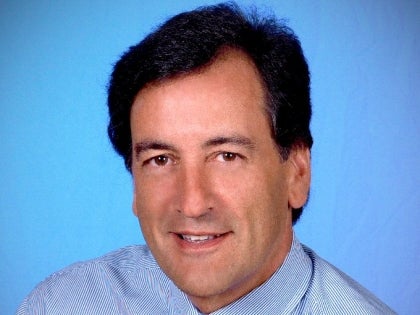
Newsday: MTA OKs Third Round of Fare Increases in Three Years
By Alfonso A. Castillo
Riders on the Long Island Rail Road will see steep fare increases, as will transit riders throughout the region, as the Metropolitan Transportation Authority approved its third package of fare hikes in three years Thursday.
And the newly imposed fares will hit before year's end, two days sooner than the agency previously had said they would take effect. MTA chairman Jay Walder announced that most of them would be implemented Dec. 30.
Monthly LIRR riders will pay the new prices for their January passes. The new fare policy includes unprecedented surcharges for some services, including for LIRR ticket refunds and upgrading from an off-peak ticket to a peak ticket while aboard a train.
While the MTA says the increases aim to raise revenue by 7.5 percent, some of the hikes will cost commuters as much as 17 percent more than they have been paying. On the LIRR, fares will rise by 7.6 percent to 9.4 percent.
In addition, the period of time for which tickets will be valid will be significantly shorter - on one-way passes, declining from six months to two weeks - and discounts for tickets ordered by mail or on the Internet will be reduced or eliminated.
The cost of MetroCards, too, will rise substantially under the new plan. The popular monthly unlimited MetroCard will see the biggest jump, from $89 to $104. MTA officials say the fare hikes are a necessary last resort as they struggle to close a $900-million deficit this year. The agency already has reduced some costs in recent months through deep cuts in service, layoffs and internal efficiencies.
The MTA board, at a meeting in Manhattan on Thursday, approved the new fares in a 12-2 vote. Nassau's board representative, Deputy County Executive Patrick Foye, cast one of the two "no" votes, reasoning that MTA customers should not be punished for state and federal government failure to adequately fund mass transit, and for the MTA's own lapses, which he said have "undermined the public trust."
Norman Seabrook of Manhattan cast the other no vote.
Those who voted in favor of the hikes said they did so reluctantly, with several saying it is a better fate for riders than further service cuts, which would be necessary without the $425 million a year the MTA expects to raise with the fare increases.
"In some ways, the hardest vote today is yes," said Suffolk board member Mitchell Pally, of Stony Brook.
State Sen. Charles Fuschillo (R-Merrick) said that, with its vote, the MTA board "ignored the voices of thousands of Long Islanders" who have made it clear they cannot afford to pay any more to the MTA. He said the agency "should have done more to find savings internally."
But Walder said it was the MTA's cost-cutting, which will save $525 million next year, that allowed the overall fare hike to be kept at 7.5 percent. "I think it's very clear that the increase we are discussing today would be much higher if we didn't take these aggressive actions," he said.


